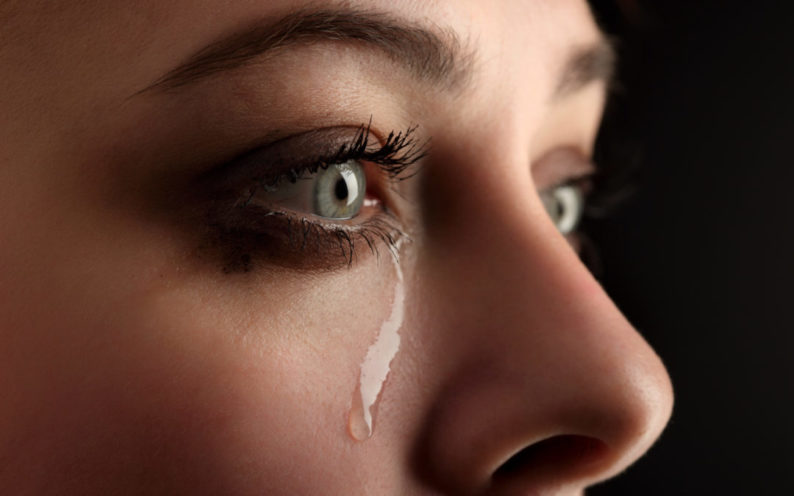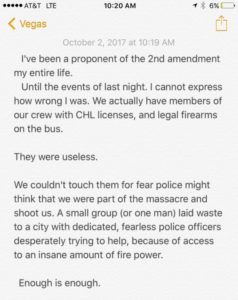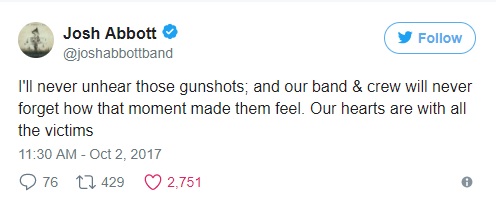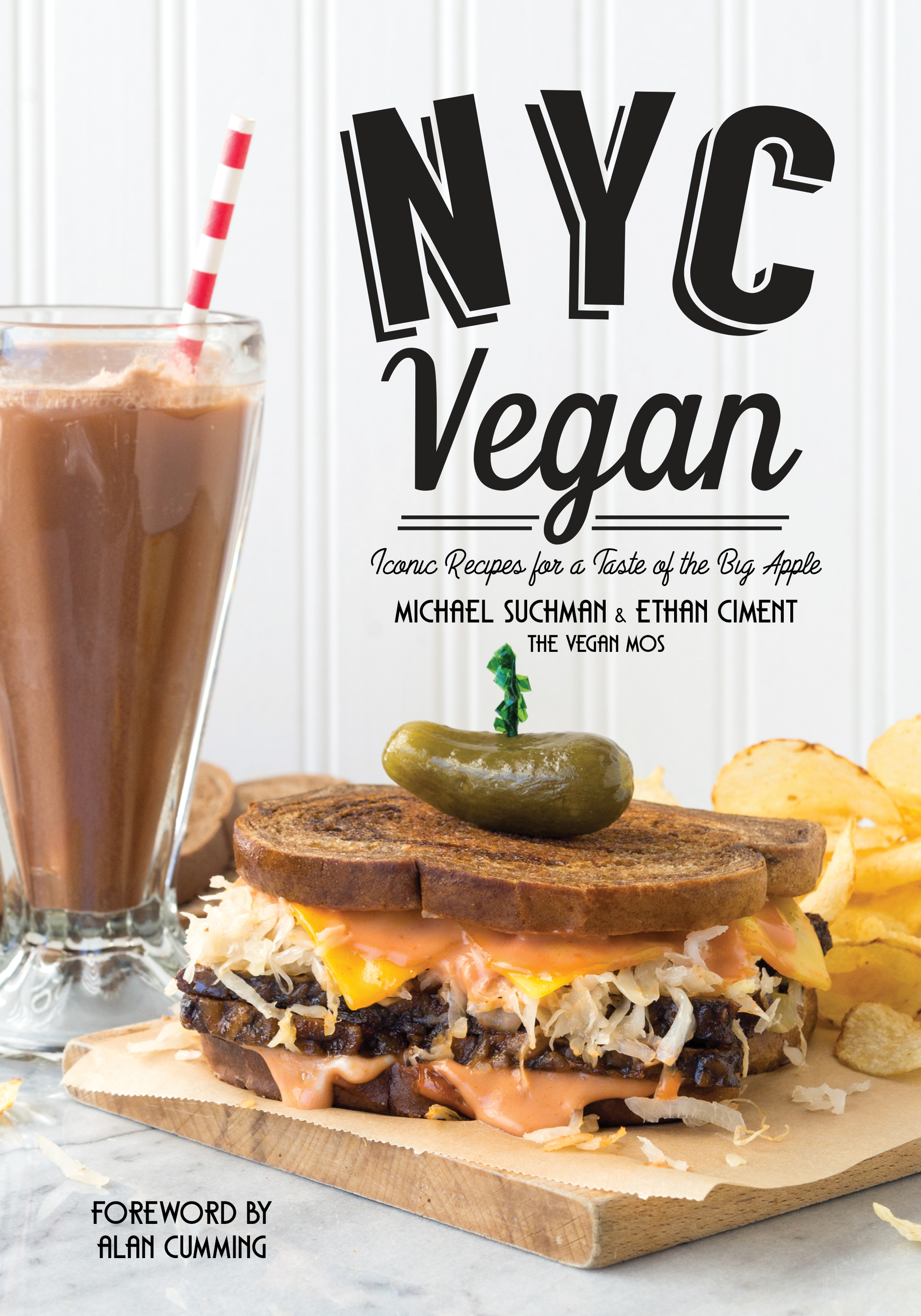It is amazing how many of us routinely make assessments, judgments and take positions on issues relating to things we’ve never witnessed with our own eyes. We humans are story tellers. We ask each other hypothetical questions and formulate answers about what we might do under certain circumstances. However, the truth about those scenarios in real life is often radically different that what we imagine.
After yesterday’s largest gun-related massacre in modern US History, something fascinating happened. Caleb Keeter, the lead guitarist for the Josh Abbott Band, who played on the festival stage only hours before the massacre, took to Twitter to say he has been wrong about guns and his historic support of the Second Amendment.
This really struck a chord with me, as a doctor who has trained in trauma centers in urban America. After each of the mass shootings that have become a feature of life in America, I always tell people the same thing: Unless you’ve actually seen a victim of gun violence – physically looked at what a gun and its ammunition do to a human body- it’s hard to fathom it just from your imagination. For the overwhelming majority of us, getting shot is merely an abstract concept. It’s a hypothetical. We’ve never seen up close what the wounds inflicted by guns look like. Our fantasies about what gunshots do are simplifications of a brutal reality that are constantly reinforced from TV shows, films, and the ever-increasingly violent video games that, we are told, look so very realistic. These types of media routinely desensitize us to gun violence and serve to normalize it. This hypothetical version of gun violence distorts our perception of what guns really do. We are left truly ignorant of what gun violence physically looks like and what bullets actually do to the human body, to say nothing of what they do to a person, their family and their community.
Following Caleb’s tweet, Josh Abbott himself tweeted something that resonated with me as an animal rights activist:
Those of us who have witnessed the horrors of animal abuse and exploitation understand this and often say, “You can’t un-know what you know” or “You can’t un-see what you’ve seen.” It’s so true. Once you hear those gunshots, you can’t forget what they sound and feel like. Similarly, once you’ve seen baby male chickens ground up alive simply for the “crime” of not being born female, you can’t unsee that. When you’ve seen cows and pigs castrated without anesthesia– the norm in modern farming- you can’t unhear their screams. When you come to know that all mother cows have their babies ripped away just moments after birth– a scene that plays out millions of times each year in the US alone- you can’t un-know that. That experiential knowledge of seeing the truth makes it difficult for vegans and animal rights advocates to continue to participate in a system that exploits cows and separates cow families solely so we can steal the milk a pregnant cow produced for her baby. Similarly, anyone who has seen up close the carnage of what guns to innocent human beings can’t un-see that reality.
It’s past time that, as a human society, we humble ourselves and recognize that we don’t know everything. We can pretend and play make-believe with hypothetical scenarios, but those fantasies ought to be regularly tempered with healthy doses of reality. Because the fact is, we don’t know what we haven’t seen. We honestly can’t imagine that which we haven’t experienced in real life, first hand. Though it would be wonderful if empathy ran rampant in our culture, the reality is that it doesn’t. If it did, the world would be vegan and there would be no guns. Until a more perfect world exists, our guiding principle when it comes to how we treat other individuals- whether they’re human or animal- should always be to choose compassion, empathy, mercy and non-violence.






